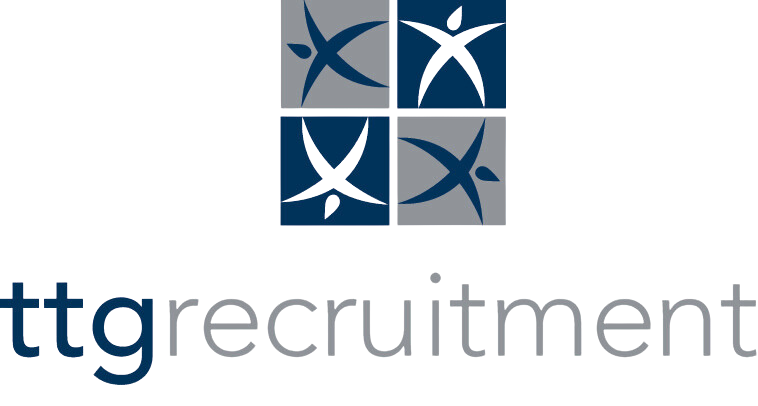We love what we do
What do Lego and Dove have in common?
What do Lego and Dove have in common?
In the modern world sustainability has shifted from a buzz word to a necessity. Consumers have more information available to them than ever before and they want to engage with companies who they believe conduct sustainable and ethical business. This change in consumer expectations requires organisations to take serious measures to integrate initiatives which increase their corporate social responsibility.
“Corporate Social Responsibility (CSR) is a business approach that contributes to sustainable development by delivering economic, social and environmental benefits for all stakeholders” (Financial Times). Within CSR there are four tiers of:
- Direct philanthropic giving
- Environmental sustainability
- Ethical business practices
- Economic responsibility
At the core of CSR is the aim of positively adding to society while also holding the interests of stakeholders at the forefront of organisational choices.
As consumer beliefs mould the business landscape organisations such as the Reputation Institute make industry information readily available to assist in this push. Its annual RepTrak rankings offer a comprehensive guide to the top 100 companies with the best reputations internationally.
This information has lifted the lid on business practices and put CSR into the limelight, requiring major companies to respond in a variety of ways.
Lego was ranked number one by RepTrak in 2017, having jumped from fifth place in 2016. Lego’s partnerships with the World Wildlife Fund and their Sustainable Materials Center have contributed to their positive global reputation. These choices as a company increase their CSR which has been favourably received by consumers. While these actions benefit society, they are also advantageous to the business and shareholders.
A sentiment which is also shared by the former CEO of Unilever, Niall Fitzerald who has stated the importance of CSR as a contributing factor in the success and longevity of a company. Observing that “CSR is a hard-edged business decision. Not because it is a nice thing to do or because people are forcing us to do it … because it is good for our business”.
This belief was echoed by Jeroen van der Deer of Shell, who remarked that: “successful companies of the future will be those that integrate business and employees’ personal values”.
This has been a widely noticed shift with 46% of employees observing that they were proud to work for organisations with which they align with morally. Van der Deer continued by saying that “the best people want to do work that contributes to society with a company whose values they share”. Supporting the idea that acting in a corporate and socially responsible manner, increases employee and company performance.
Whereas, Anders Dahlvig of Ikea and Zenia Mucha of The Walt Disney Company, have presented their sustainable business choices as being there to benefit society and consumers, creating a division between CSR and the interest of the business.
Having stated respectively that: “we [Ikea] need to be at the forefront of social responsibility issues” and “reducing our environmental impact and ensuring respectful workplaces”.
The focus on CSR which we are observing on this international stage has also been mirrored in the Australian business world, with many industry leaders instating initiatives which promote ethically, environmentally and economically responsible work behaviours.
Some Australian companies who have been praised for their CSR work are, Sydney Water, Telstra and many of the big banks. These increased efforts are the result of changing consumer, shareholder, social and government expectations.
One organisation leading the push to create lasting acts of CSR is the Australian Centre for Corporate Social Responsibility. The managing director Dr Leeora Black has been quoted saying that consumers are “calling for more leadership from business”; which has been seen in the actions of many Australian organisations.
However, a caveat of this is the importance of aligning acts of CSR with innovation in business practices, with consideration of environment, reporting, supply chain and collaboration. Black observed that this is the only way we can “address deep-rooted social, economic and environmental problems to create lasting value for both organisations and their stakeholders”.
This is a view which we at TTG Recruitment attempt to consider when conducting business. In recruitment we feed off our clients and mirror their business, which is why we aim to partner with organisations who mirror our beliefs and values.
In everything we do we strive for it to be ethical and authentic, as a passionate team we aim to help the community through the use our specific skills and interests. Hence, the growing conversation regarding the role of CSR in modern business, is one which we are highly interested in. Through the analysis of actions by international and domestic businesses, we have been able to further understand this changing landscape.
This is a time of immense change and the growing conversation surrounding the importance of CSR and the role in which it plays in modern business, is one which we intend to follow and will be continually interested in.
Related Articles
Mumblecore shabby chic prism four loko af readymade.



